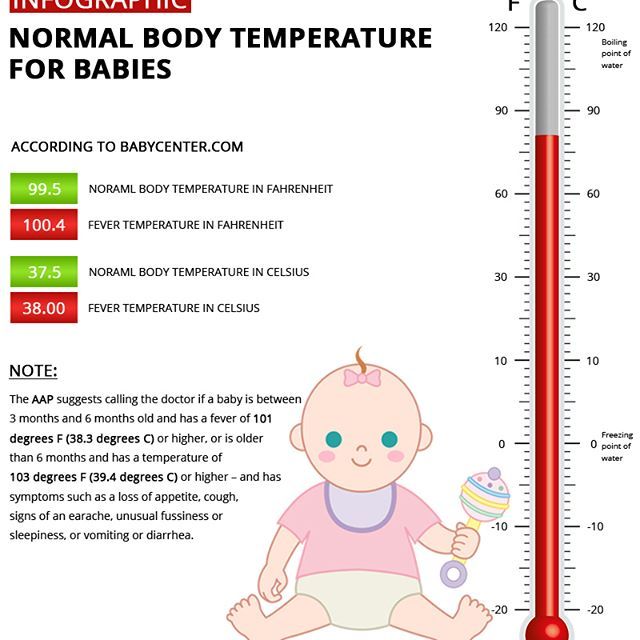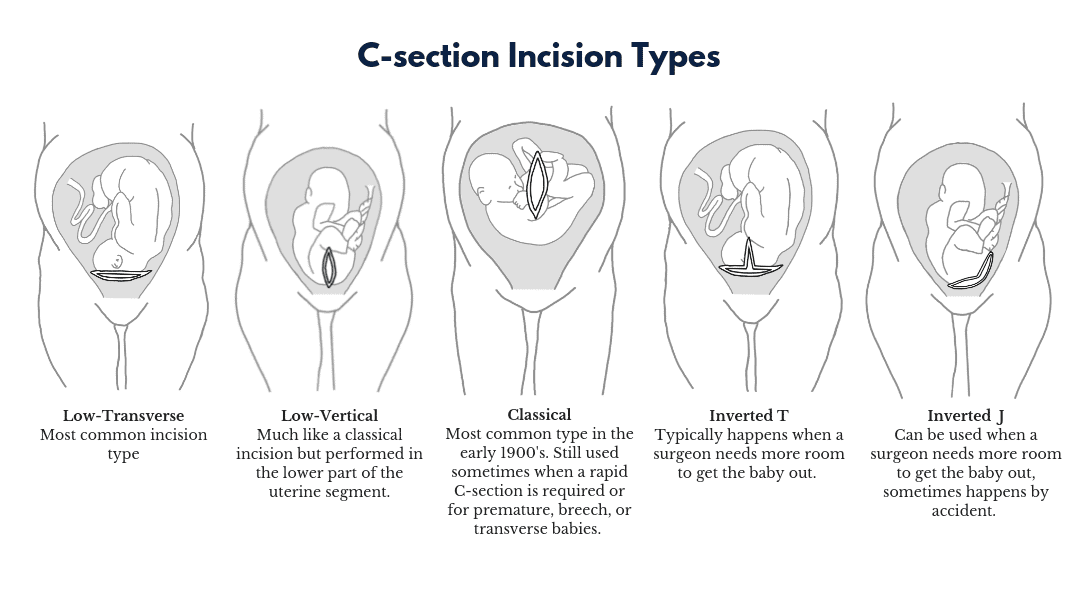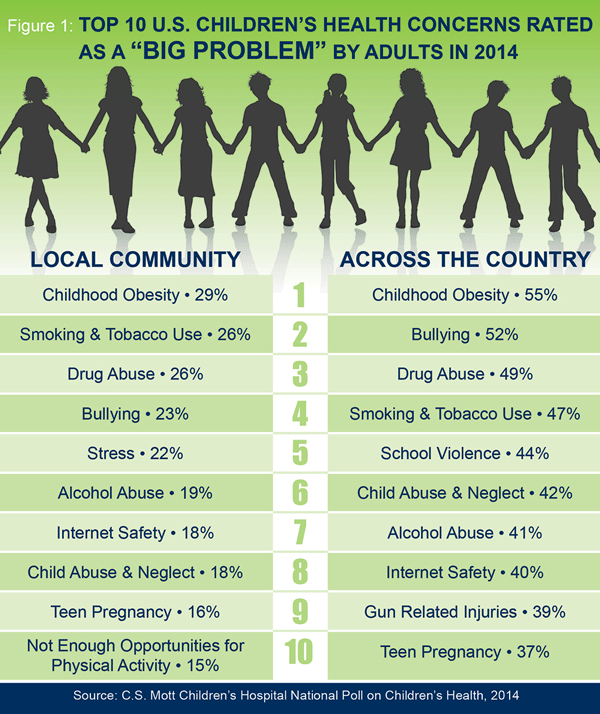How do i get an advocate for my child
Guidelines for Choosing an Advocate
Many parents choose to use a special education advocate to support them in getting what their children need in special education. Nonlawyer advocates do not have a license to practice law, and they are not attorneys. They provide their services according to the laws of their state. Advocates are often professionals with training in special education and advocacy. They may or may not charge fees for their services. (COPAA uses the terms "special education advocate" and "advocate" to refer to individuals who advocate for parents and families, but are not attorneys.)
You can find advocates by using the advocate locator on the website of the Council of Parent Attorneys and Advocates, Inc. (COPAA). You can also call your state's Parent Training and Information Center or inquire with local disabilities organizations. You can ask other parents and professionals in your area about advocates they have used or recommend.
GUIDELINES
Select a trained, experienced advocate.
Unlike attorneys, no certification authority exists to certify advocates at this time. However, many special education advocates have years of experience and training. When you interview an advocate, you should ask about their education and training. You should also ask whether the advocate stays current in the field by getting updated training and education through workshops, conferences, and continuing education programs. Do not hesitate to ask for references from the advocate. You are the one making the hiring decision.
Select an advocate with special education experience.
Experienced advocates can often help you obtain the educational services your child needs. Advocates may have specific skills and knowledge about evaluations, various disabilities, IEPs and other educational negotiations, behavioral supports and discipline, document management, fact investigations, and other areas. They may have alternative dispute resolution skills, such as mediation and facilitation skills.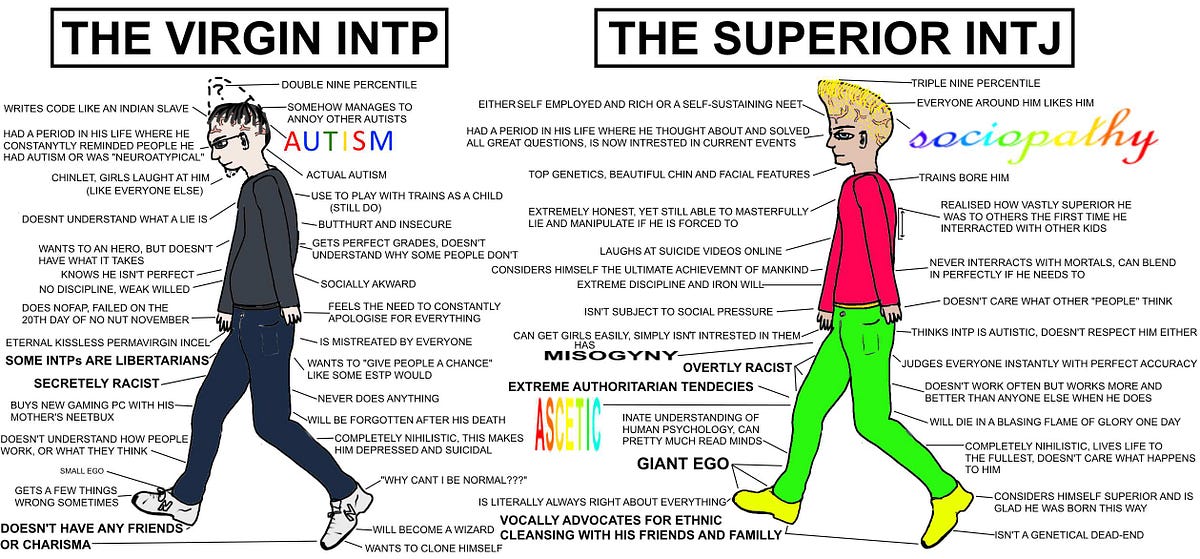 Advocates should be familiar with the local service providers, evaluators, local school districts and the options they offer, and local customs. They should know and understand IDEA and other laws/regulations affecting the education of students with disabilities. Ask your advocate about his or her experience and specific skills. You need to be an informed consumer and ask the questions that are important to you.
Advocates should be familiar with the local service providers, evaluators, local school districts and the options they offer, and local customs. They should know and understand IDEA and other laws/regulations affecting the education of students with disabilities. Ask your advocate about his or her experience and specific skills. You need to be an informed consumer and ask the questions that are important to you.
Select an advocate who understands your child.
You should expect an advocate to spend time visiting with your child. Each child is a unique human being and has individual educational needs. Your advocate should be able to explain to you how your child's disability will affect him or her at school. Advocates are not diagnosticians and they are not education evaluators. But, a working knowledge of your child's disability, or a willingness to become educated about your child's disability, is a quality a good advocate should have.
Advocates and attorneys.
Nonlawyer advocates are not attorneys or members of the bar. Some advocates and paralegals are supervised by attorneys. Some work in forms or with public interest organizations. Others work independently in their own offices. You can ask an advocate if they work with an attorney. But, it is not necessary that a lawyer oversee an advocate, or that an advocate even have a relationship with an attorney. Many experienced advocates work completely on their own or with other advocates who are not licensed attorneys. You should decide what you want in an advocate and what kind of assistance you need.
Some advocates and paralegals are supervised by attorneys. Some work in forms or with public interest organizations. Others work independently in their own offices. You can ask an advocate if they work with an attorney. But, it is not necessary that a lawyer oversee an advocate, or that an advocate even have a relationship with an attorney. Many experienced advocates work completely on their own or with other advocates who are not licensed attorneys. You should decide what you want in an advocate and what kind of assistance you need.
Select an advocate who understands his or her professional limits.
Professional advocates may give you legal information and help you negotiate and resolve disputes. But, they are not lawyers, and cannot give you the same type of legal advice as attorneys or act as your lawyer. An experienced, well-trained advocate should help you recognize when you should seek an attorney's services. Should your next step be a due process hearing, you should check your state laws regarding assistance from an advocate. In some states, nonlawyer advocates can represent parents in administrative due process hearings. In others, they cannot, and may only assist the parents. An advocate cannot represent you in state or federal court. If you are contemplating due process, you and your advocate should discuss your case. You should think about whether you need to hire an attorney based on your individual situation and needs and the laws of your state. Ultimately, it is your responsibility to make this decision and you should make the decision you believe is most appropriate.
In some states, nonlawyer advocates can represent parents in administrative due process hearings. In others, they cannot, and may only assist the parents. An advocate cannot represent you in state or federal court. If you are contemplating due process, you and your advocate should discuss your case. You should think about whether you need to hire an attorney based on your individual situation and needs and the laws of your state. Ultimately, it is your responsibility to make this decision and you should make the decision you believe is most appropriate.
Other questions you might ask.
Here are some questions you might ask as you decide whether to hire an advocate.
- What is the advocate's special education advocacy experience? Does he/she have experience in situations similar to yours? Has he/she worked with this school district or similar ones?
- How does the advocate believe your situation should be handled? What is the estimated time frame for completing the work? What will the advocate do?
- How will you be expected to assist and work with the advocate?
- How will you and the advocate keep each other informed about the case?
- What does the advocate charge and how will you be billed? How are fees determined? Will you be billed on a hourly or flat basis? What is the total estimated fee?
- Who keeps the copies of your child's records at the advocate's place of business, and how your child's files will be maintained and returned to you when you need them?
Parents play a vital role in every special education matter. Advocates can give you advice and opinions based upon their training and experience, but you--the parent--must make all of the final decisions about your child. After meeting with the advocate ask yourself if you:
Advocates can give you advice and opinions based upon their training and experience, but you--the parent--must make all of the final decisions about your child. After meeting with the advocate ask yourself if you:
- Will be comfortable working closely with this person
- Are confident the advocate has the experience and skill to handle your case
- Understand the advocate's explanation of what your case involves
- Understand the proposed fee agreement
The Council of Parent Attorneys and Advocates, Inc. offer these suggestions as a public service to parents of children with disabilities. They are not intended as legal advice or a legal opinion. The COPAA Guidelines incorporate some information based in part on information published by the Illinois Attorney General's office.
How to Find a Special Education Advocate
The special education and IEP process can be stressful and confusing. Many parents turn to a special needs advocate to guide them as they seek services for their child. But how can you find the right advocate?
But how can you find the right advocate?
Unlike attorneys, anyone can call themselves a special education advocate. And while there are training programs for advocates, there’s no formal licensing or certification. That’s why it’s important to do your research before hiring someone.
Here are steps you can take to find a special education advocate.
1. Think about why you need an advocate.
Before you start reaching out to potential advocates, think about what you need. Ask yourself—what specific problems am I having with my child’s educational experience? How could an advocate help me solve these problems?
Maybe your child has an IEP, but not the right services. Perhaps your child has an IEP but it’s not working. Or the school is telling you that your child isn’t eligible for special education and you don’t know what to do next. You might also just be confused or need help with the process in general—that’s OK. The important thing is to have a clear idea of why you need an advocate.
Keep in mind that some problems may not be appropriate for an advocate. For instance, if your child has been arrested and suspended from school, you probably need a lawyer, not an advocate. In that case, read about where to find legal help.
2. Come up with criteria for your ideal advocate.
There are a few things to look for in any special education advocate. An advocate should be familiar with local policies on special education. It’s also important that your advocate have a good working relationship with key people in the local school districts. This includes principals, teachers and special education coordinators. These criteria alone might meet your needs.
But it also helps to come up with requirements based on the problems you’re having. Try to be very specific. For example, you may need an advocate with experience persuading a school to provide individualized reading instruction to a child with .
You may also want an advocate to help you understand your child’s evaluation. This can be helpful when figuring out which services and your child needs.
This can be helpful when figuring out which services and your child needs.
Most importantly, an advocate should be someone who will attend the IEP meeting with you. It’s essential to have moral support and someone who can advocate for you.
3. Make a list of potential advocates.
It’s common to find an advocate through personal recommendations. You can ask other parents, families and friends, specialists who work with your child and even trusted teachers. But make sure to ask why someone is recommending a certain advocate. Just because someone recommends an advocate doesn’t mean that person is the right fit for you and your child.
If you want more choices, you can also reach out to the following organizations. These groups typically keep a list of available advocates.
- Council of Parent Attorneys and Advocates
- Your state’s Parent Training and Information Center
- Your school district’s Special Education PTA or PAC
- Local chapters of advocacy organizations, like Decoding Dyslexia or the Learning Disabilities Association of America (LDA), an Understood founding partner.
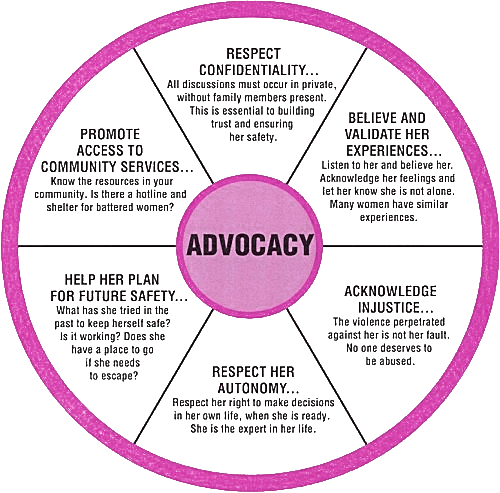
4. Interview the advocates.
Try to interview a few advocates before you make your choice. This is your chance to vet advocates before you hire one.
Pick out at least three from your list, and reach out to schedule a meeting or phone call. Some may even do a consultation for free.
During the interview, your goal is to learn about the advocate’s training, experience and qualifications. Using your list of criteria, you’ll need to see if this person has the skills needed to solve the problems that your child is facing.
Here are some questions you can ask:
- What is your special education advocacy experience?
- Have you worked with this school district before?
- Have you worked with kids with learning and thinking differences like my child’s?
- Can you give me a proposed plan of what we should do or ask for from the school?
- What are your fees?
- What services are covered in that fee?
- How much do you estimate your advocacy will cost for the entire process?
- What will be my role as the parent?
- How will you keep me informed about progress?
- Who will be responsible for managing my child’s records in this case?
- Is there an attorney you have a working relationship with, if necessary?
- Can you provide me with names of clients who would be willing to talk to me?
Don’t forget about the personal side. You want someone you can work with and trust, and whose personality meshes with yours.
You want someone you can work with and trust, and whose personality meshes with yours.
5. Choose an advocate and negotiate the fee.
After the interviews, you should be in a good place to choose the advocate you want to work with. Now it’s time to negotiate the fee.
Hiring an advocate can be expensive. But it never hurts to ask for a discount or a less expensive arrangement. You can also gently mention if another advocate is charging a lower fee.
Read about the differences between special education attorneys and advocates. Learn about options for resolving a special education dispute. And see more resources for finding local special education help.
How to find a lawyer: a guide for dummies
Photo by the FPA RF press service
Life is unpredictable. It happens that yesterday everything was fine, but today you or your loved ones urgently need a lawyer. Where can you find a competent one? What to look for when negotiating with him? How to make sure that the defender is doing his job well? If for professionals the answers to these questions seem obvious, then for the layman it is not easy.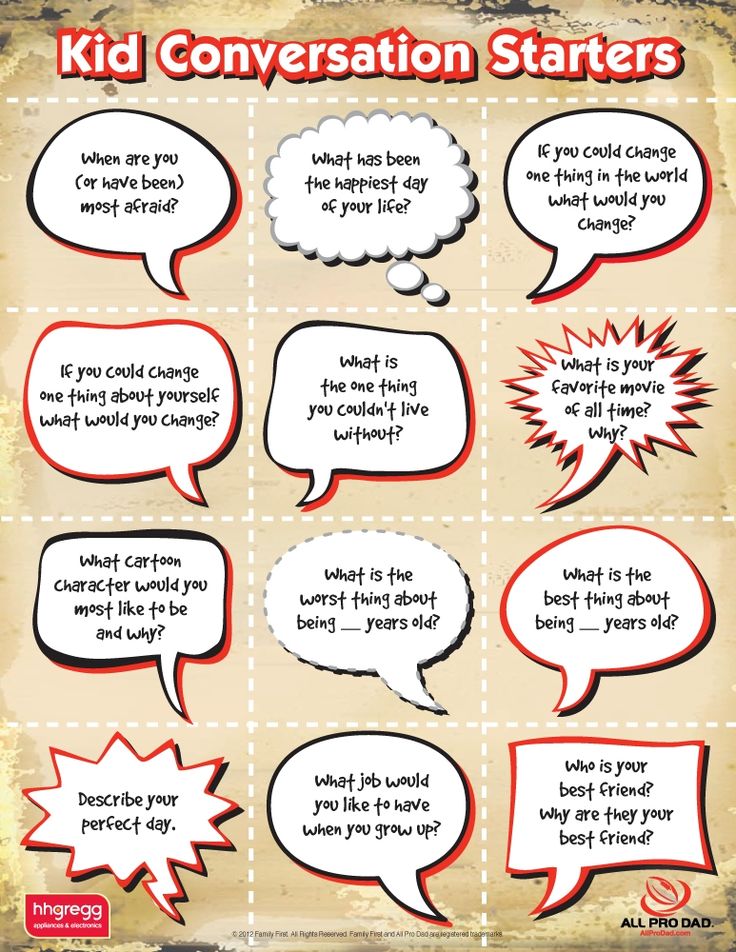 To help the latter - our material.
To help the latter - our material.
Lawyer or advocate?
Not every lawyer is a lawyer, but every lawyer is a lawyer. If we are talking about participation in arbitration or civil proceedings, as well as in proceedings on an administrative offense, any person can be a representative, even without a law degree. In administrative proceedings, that is, when considering and resolving disputes with a public body, a representative must have a legal education. And only to participate in a criminal case, you need the help of a lawyer who has received the appropriate status and the right to practice advocacy - a lawyer. If you still need a lawyer, we will tell you how to find one.
How to choose a lawyer?
Before making a choice in favor of a lawyer, we recommend:
check if the lawyer is a lawyer. This can be done through the register of the Ministry of Justice. The current status of the lawyer must be marked there as "Active".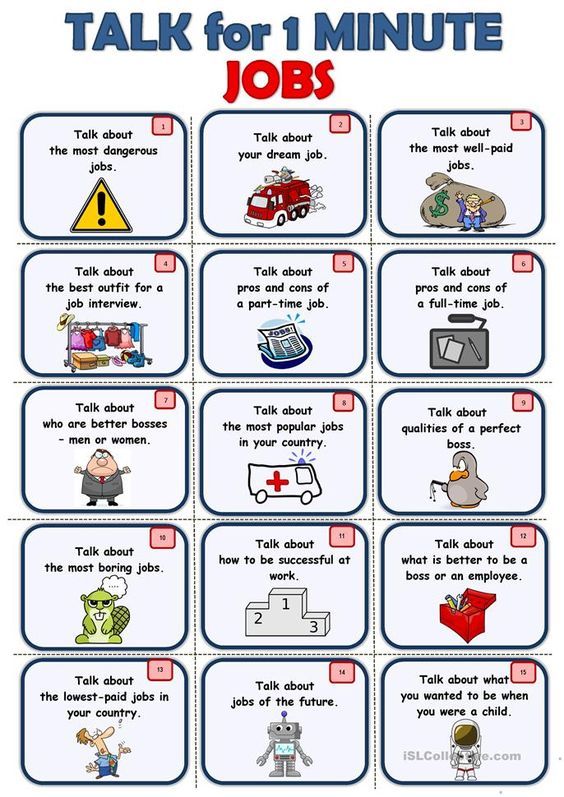 If a person is not in the register or is, but has a different status, he cannot practice law. But the region should not be embarrassing - wherever the status is obtained, it is valid throughout the country.
If a person is not in the register or is, but has a different status, he cannot practice law. But the region should not be embarrassing - wherever the status is obtained, it is valid throughout the country.
A lawyer must also have a certificate and be listed somewhere - in the bar, bureau, office or legal advice.
find out about his specialization, experience, references from clients and colleagues. Lawyers, like most specialists, have divisions according to specializations - someone takes only murders, someone is well versed in drug disputes, someone prefers to defend swindlers. It is good if you can find a lawyer who has the appropriate specialization. Even better if he has a lot of experience and good recommendations. You can clarify this with the lawyer himself, or you can study his professional path via the Internet. You should be wary if there is no information about the defender.
check if he or his company is represented in the rating (for more information about the ratings, see the material "Secrets of legal marketing-2017: Ratings, social networks and customer search").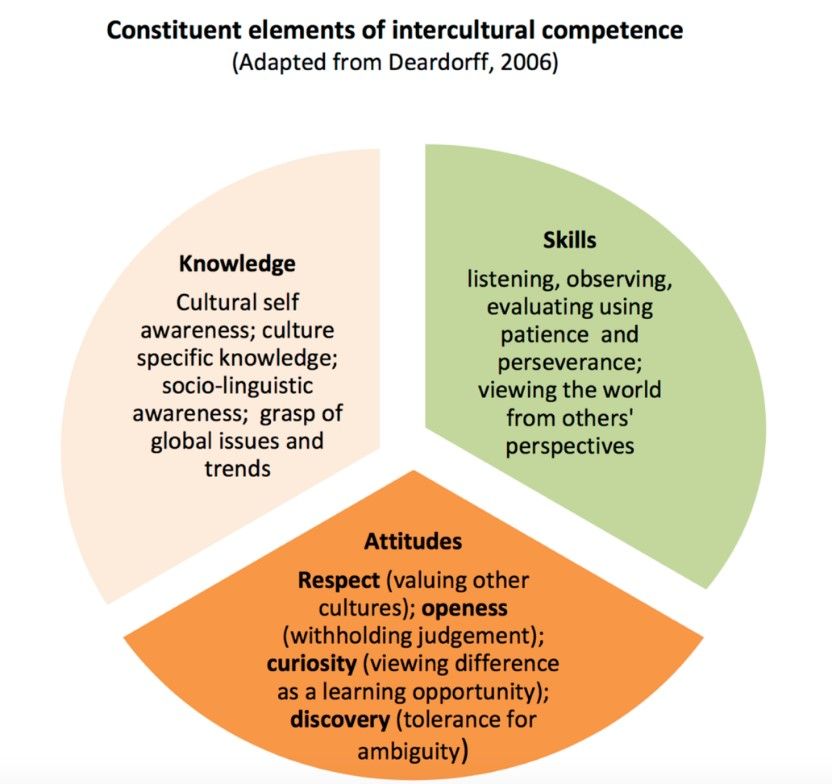 Rating is a special indicator of the status of a lawyer. “It is only important to remember that if a firm or specialist is not in the rating, this does not speak against them. Many worthy professionals do not apply or are not included in the recommended lists, because their activities are not of sufficient scale,” says FBK Legal Partner Nadezhda Orlova . "Lawyers who are not listed in the ratings often offer more affordable conditions for the provision of legal assistance. At the same time, it is far from certain that their level will be lower. Perhaps such lawyers have more modest organizational and technical capabilities (fewer assistants, no courier), but By and large, these are secondary things," agrees Khrenov & Partners lawyer Dmitry Shniger .
Rating is a special indicator of the status of a lawyer. “It is only important to remember that if a firm or specialist is not in the rating, this does not speak against them. Many worthy professionals do not apply or are not included in the recommended lists, because their activities are not of sufficient scale,” says FBK Legal Partner Nadezhda Orlova . "Lawyers who are not listed in the ratings often offer more affordable conditions for the provision of legal assistance. At the same time, it is far from certain that their level will be lower. Perhaps such lawyers have more modest organizational and technical capabilities (fewer assistants, no courier), but By and large, these are secondary things," agrees Khrenov & Partners lawyer Dmitry Shniger .
meet and talk with a lawyer. "On the phone or by correspondence, even if you have recommendations, you cannot get a complete impression of your future attorney. There must be mutual understanding between the lawyer and the client - without this, nothing will work even with the most experienced professional. When talking and discussing the assignment, you need to speak in detail about the technology future work, necessary organizational steps, deadlines for them, documents that will need to be submitted to the client and that will be prepared in the course of work, government agencies with which interaction will be carried out. In addition, this will help to effectively set up joint work between the client and the lawyer, predict possible problems and risks and prepare for their mitigation, avoid future possible disappointments, and mutual ones," Orlova believes. "At the first discussion of the case, a good lawyer should give the client enough information about the development directions of the situation and prospects, as well as about complex issues that require additional study. The lawyer's professionalism will be evidenced by his awareness of the judicial practice on the issue," I am sure Director of Legal Practice of KPMG Russia and CIS Alexey Abramov.
When talking and discussing the assignment, you need to speak in detail about the technology future work, necessary organizational steps, deadlines for them, documents that will need to be submitted to the client and that will be prepared in the course of work, government agencies with which interaction will be carried out. In addition, this will help to effectively set up joint work between the client and the lawyer, predict possible problems and risks and prepare for their mitigation, avoid future possible disappointments, and mutual ones," Orlova believes. "At the first discussion of the case, a good lawyer should give the client enough information about the development directions of the situation and prospects, as well as about complex issues that require additional study. The lawyer's professionalism will be evidenced by his awareness of the judicial practice on the issue," I am sure Director of Legal Practice of KPMG Russia and CIS Alexey Abramov.
Which lawyer should you not agree to?
There are a number of beacons that should alert a client when choosing a lawyer. So, you should not agree to a lawyer:
So, you should not agree to a lawyer:
advised by law enforcement officer . As a rule, such lawyers work together with the police, and all they advise their clients is to admit their guilt.
promising a 100% result. You must understand that the result depends on many factors, so the lawyer cannot guarantee it.
who proposes to resolve the issue by giving a bribe . This is illegal, which means that sooner or later such a lawyer himself may become a defendant in a criminal case, and with him the principal. Read about how this happens in the article "Criminal liability of lawyers: from defenders to defendants".
who charges too much or too little for his services . “A person who has a mediocre relationship with jurisprudence should take as an axiom the fact that the work of a lawyer is actually more difficult than it seems to the client. Therefore, a priori it cannot be very cheap. end up being a student at a law school,” Schniger believes. He is also sure that a lawyer whose work is not limited to a statement of beaten phrases and general considerations will not give advice for free: "Moreover, he has no right to do this in principle, since according to the law he can give advice only after agreeing on a fee and concluding an agreement. The promise of such consultations is nothing more than a publicity stunt aimed at luring an inexperienced client to provide far from free and, as practice shows, often of low quality services. And even more so, it is worth remembering that defenders agree to work for free only with very interesting and high-profile cases.
He is also sure that a lawyer whose work is not limited to a statement of beaten phrases and general considerations will not give advice for free: "Moreover, he has no right to do this in principle, since according to the law he can give advice only after agreeing on a fee and concluding an agreement. The promise of such consultations is nothing more than a publicity stunt aimed at luring an inexperienced client to provide far from free and, as practice shows, often of low quality services. And even more so, it is worth remembering that defenders agree to work for free only with very interesting and high-profile cases.
The excessively high cost of services should also alert, unless, of course, we are talking about an eminent lawyer or a case whose complexity is obvious to the client himself or convincingly justified by the lawyer.
How to conclude an agreement with a lawyer?
An agreement between a lawyer and a principal is a civil law contract for the provision of legal assistance to the principal himself or to a person appointed by him. It consists in a simple written form and must necessarily contain the following conditions:
It consists in a simple written form and must necessarily contain the following conditions:
reference to the lawyer, his affiliation to the legal education and the Chamber of Lawyers
the subject of assignment is what the lawyer undertakes to do for the client. The subject of the order may be limited by the stage of the proceedings (pre-trial / trial / appeal, etc.), the number of meetings, the number of documents that he undertakes to prepare (for example, write a complaint to the court).
remuneration . "Pay systems can be different. As a rule, an advance is provided, which can be justified by the need for initial immersion in the issue. Then the payment can be made dependent on the completion of individual stages of work. The payment itself can be fixed or calculated based on hourly rates and the consultant spent time, but not more than a certain amount. For representation in court, the use of a success fee is not excluded," Abramov said.
"Payment can be made both in cash and by bank transfer, with the obligatory indication of the details of the concluded agreement. With the consent of the principal, payment can be made by a third party," added lawyer of the Bureau of Attorneys at Law "Freytak and Sons" Danil Bukharin . All settlements with a lawyer are subject to mandatory payment to the cash desk of the relevant legal education. It is not recommended to transfer money to a lawyer without receiving payment documents.
procedure and amount of compensation for attorney's expenses related to the execution of order - for example, travel, transport, postal and other expenses. "It is advisable to write all this in the agreement so that later you do not have to pay for business class flights and accommodation in a luxury hotel," Schniger believes.
the amount and nature of the responsibility of the lawyer who accepted the execution of the assignment.
The party to the agreement between the client and the lawyer will be the lawyer personally, and not the lawyer's education.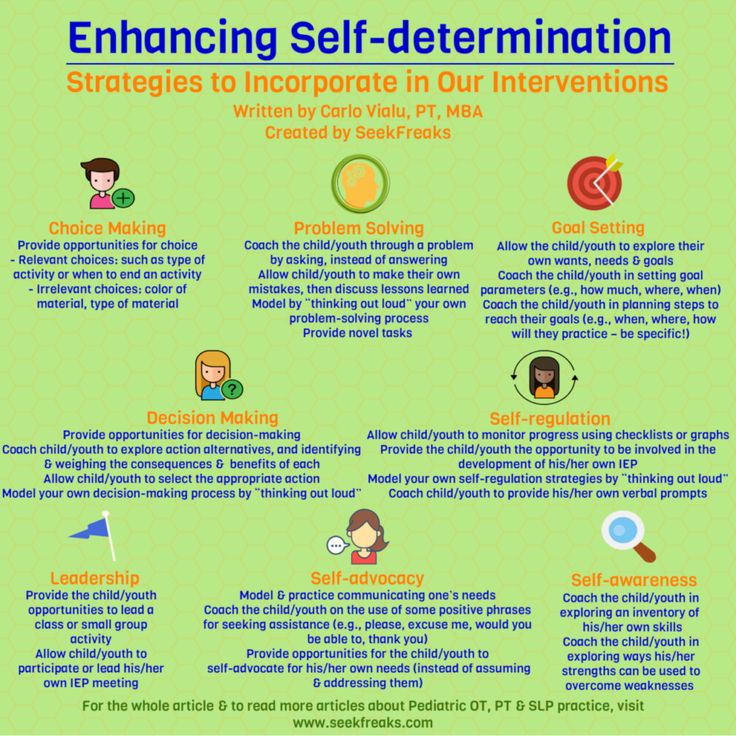 He will also be responsible for the quality execution of the assignment. It should be noted that it is not allowed to include in the agreement instructions for the payment of penalties, penalties and other things, since advocacy is not entrepreneurial.
He will also be responsible for the quality execution of the assignment. It should be noted that it is not allowed to include in the agreement instructions for the payment of penalties, penalties and other things, since advocacy is not entrepreneurial.
Do I need to supervise a lawyer?
In an agreement with a lawyer, it is possible to stipulate the procedure and conditions for the provision of reports by the defense counsel. "The lawyer is obliged to maintain a lawyer's file, in which to place all the documents prepared on the case, as well as other materials related to it. As in any process, it makes sense to be interested in the course of the case: ask the lawyer for this file and reports on the activities carried out indicating the spent time for them," says lawyer PB "Olevinsky, Buyukyan and partners" (Novosibirsk) Ekaterina Nikiforova . "Controlling a lawyer is normal, the main thing is that control does not result in interference with his work.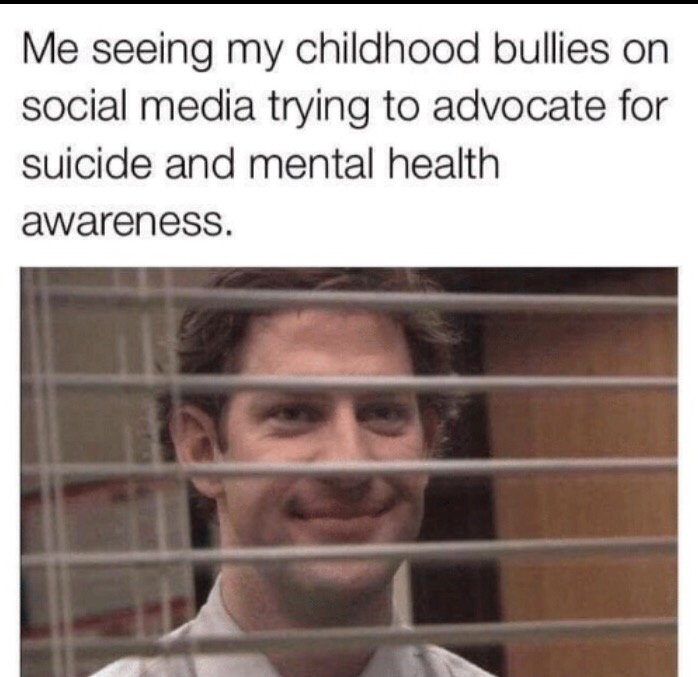 Assume that the lawyer has legal knowledge and experience that you do not have, which is why you turned to him. If you have your own opinion on what legal arguments should be used by a lawyer or what legal actions should be taken, do not insist on this, because you may be wrong. First, discuss everything in the format of sentences, and if you are wrong, a good lawyer will not hesitate to justify why it is impossible to act just as you expected," Schniger is sure.
Assume that the lawyer has legal knowledge and experience that you do not have, which is why you turned to him. If you have your own opinion on what legal arguments should be used by a lawyer or what legal actions should be taken, do not insist on this, because you may be wrong. First, discuss everything in the format of sentences, and if you are wrong, a good lawyer will not hesitate to justify why it is impossible to act just as you expected," Schniger is sure.
How do you know if your lawyer is incompetent?
After the conclusion of the contract, a good lawyer periodically informs the client about the progress of the case, takes the necessary steps in a timely manner and coordinates them in advance, does not shy away from meetings, answers all questions that arise in an exhaustive manner. The lack of such action on the part of the selected consultant is an obvious cause for concern. "You can also understand that a lawyer is incompetent by the reaction of the court to his work.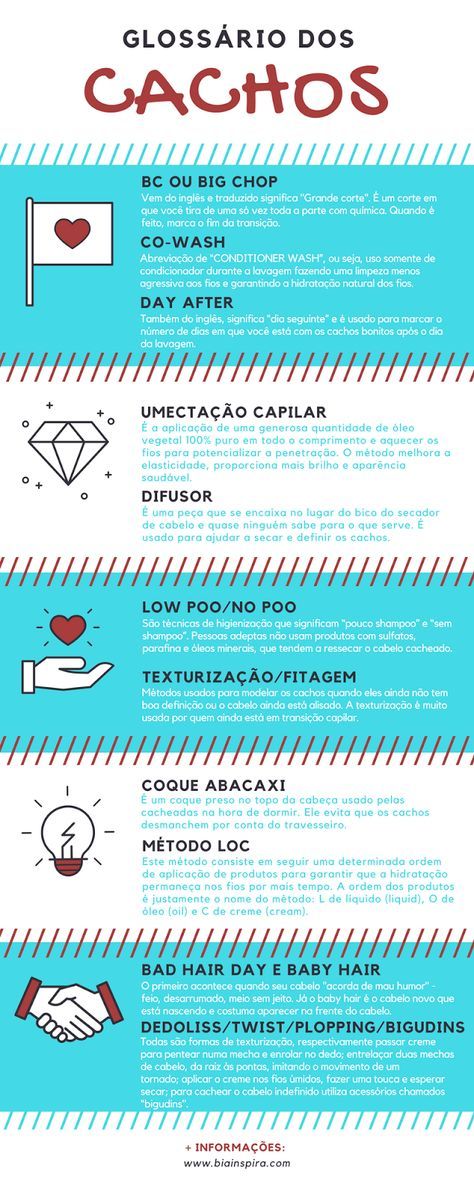 If the documents that the lawyer prepares are systematically rejected by the court, read the texts of the relevant judicial acts. Usually, special legal knowledge is not required to understand whether the document was rejected due to that the court took a different point of view from several possible ones (this does not indicate the lack of professionalism of the lawyer), or because the lawyer made a mistake (for example, the complaint was filed with the wrong court or body, or with a violation of the procedural deadline, or without the necessary set of documents). Recognizing a lawyer who wants to get rich at your expense is also easy.If you do not understand what and why he is doing, and at the same time you cannot get clear explanations or you do not see his work at all (for example, no one is in court), resolve the issue about further cooperation with such a defender," Schniger recommends. By the way, a lawyer can be checked with the help of a hired consultant - the latter will study the case and express an opinion on how the lawyer works.
If the documents that the lawyer prepares are systematically rejected by the court, read the texts of the relevant judicial acts. Usually, special legal knowledge is not required to understand whether the document was rejected due to that the court took a different point of view from several possible ones (this does not indicate the lack of professionalism of the lawyer), or because the lawyer made a mistake (for example, the complaint was filed with the wrong court or body, or with a violation of the procedural deadline, or without the necessary set of documents). Recognizing a lawyer who wants to get rich at your expense is also easy.If you do not understand what and why he is doing, and at the same time you cannot get clear explanations or you do not see his work at all (for example, no one is in court), resolve the issue about further cooperation with such a defender," Schniger recommends. By the way, a lawyer can be checked with the help of a hired consultant - the latter will study the case and express an opinion on how the lawyer works.
What to do if a lawyer is not doing his job well?
"It is imperative to complain about a lawyer in the event that he does not fulfill his obligations or acts not in the interests of the principal," says Anastasia Ragulina, director of Yug "Yakovlev and Partners" . This will be useful both to the principal (who will be able to obtain compensation through the court in the future), and to the entire lawyer corporation.
The Bar Association of the relevant entity, of which your lawyer is a member, is responsible for monitoring the activities of defense lawyers. A complaint against a lawyer is considered by the Council of the Chamber of Lawyers, taking into account the conclusion of the qualification commission. If the complaint is considered justified, a disciplinary sanction may be applied to the lawyer up to the termination of his status.
"Some clients abuse their rights and find formal grounds for appealing against the actions of a lawyer in order to not pay remuneration for his services. These are very sad precedents. It is to be hoped that within the framework of such disciplinary proceedings, the Council of the relevant bar association will separate the wheat from the chaff and will not make a decision in regarding a lawyer on the basis of formal circumstances," believes the lawyer of the Law Firm "YUST" Yevgeny Rosenblat .
These are very sad precedents. It is to be hoped that within the framework of such disciplinary proceedings, the Council of the relevant bar association will separate the wheat from the chaff and will not make a decision in regarding a lawyer on the basis of formal circumstances," believes the lawyer of the Law Firm "YUST" Yevgeny Rosenblat .
- Criminal case, Advocacy, Legal community, Courts and judges
Children's lawyer. Children's rights lawyer
Feedback
I agree with the privacy policy
Send
You can pay 800 rubles and get a full legal opinion on your issue or a list of necessary actions
After payment, please send your question and payment receipt to WhatsApp or email. Email [email protected]
Pay
The most emotional category of litigation is family disputes, among which are disputes about children.
Often, when the parents of a child cannot agree among themselves on the procedure for exercising their parental rights and obligations in relation to a common child, the dispute has to be resolved only in court. And only an experienced lawyer for children will be able to competently and without emotions solve the problem that has arisen.
Children's lawyer deals with the following disputes:
Send an application to WhatsApp
Ask a question by mail
cases of deprivation of parental rights - the prosecutor's office.
Disputes about children are also the most complex category of cases, not only from a psychological point of view, but also from a practical point of view, and in solving such a complex task it is often impossible to do without the help of a competent child rights lawyer who has extensive practical experience in this category of cases.
Sheriyev & Partners has qualified children's lawyers who specialize specifically in the protection of children's rights and have extensive experience in child rights disputes.
Sample procedural documents
- Statement of claim for recovery of alimony
- Statement of claim for the recovery of alimony arrears
- Statement of claim for exemption from payment of debt on alimony
- Statement of claim for a reduction in the amount of alimony
- Statement of Claim for removal of obstacles in communication with a child
- Statement of claim for the establishment of alimony for a disabled parent
- Statement of Contestation of Paternity
- Statement of Claim to Establish Paternity
- Petition for termination of parental rights
Publications in the media on family and children.
"Comprehensive approach to resolving family disputes"
11/14/19 St. Petersburg.ru
How to divide the loan between spouses?
10/19/20 Yandex Zen
Useful information on the protection of children's rights
Alimony workers will not be able to pay a little bit
The State Duma in the first reading considered a bill that introduces two significant changes to Art.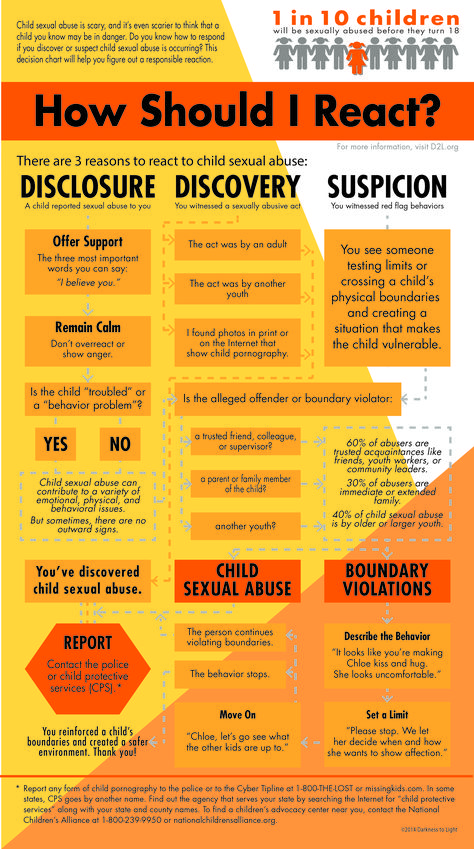 157 CC:
157 CC:
1. Criminal prosecution against a non-payer of alimony is terminated if he pays off the debt on alimony before the court retires to the deliberation room for sentencing, or the appeal leaves to deliberate for a decision.
2. A support payer will not be able to avoid a criminal offense by paying a small part of the support if the debt itself is much larger than the amount paid.
Recall that now criminal liability threatens only those non-payers who do not pay alimony at all without good reason for two or more months from the date of initiation of enforcement proceedings.
On July 12, a new procedure for children traveling abroad came into force in Russia.
In particular, now one parent can prohibit a trip with a child to one, several or all countries at once, indicating the period of validity of this disagreement.
The ban will be checked at the border control. It can be withdrawn out of court.
If there are disputes, they are resolved through the court.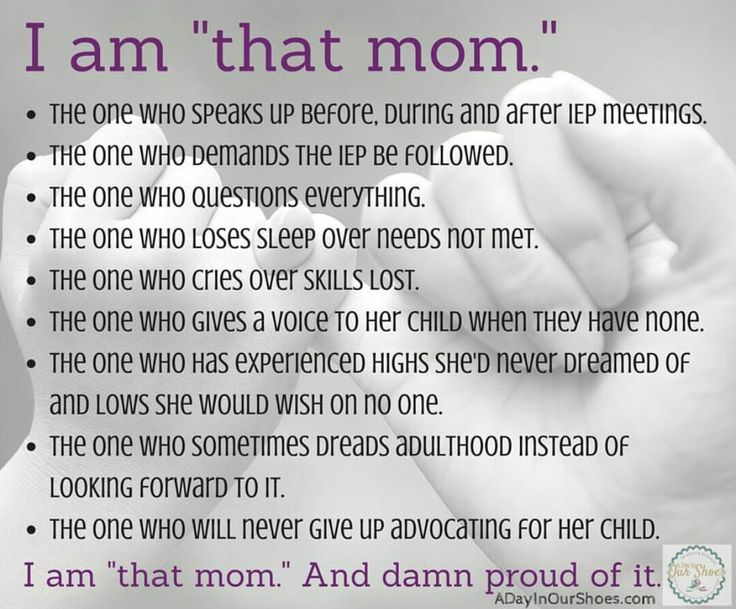
Reviews
October 20, 2021
Natalia Valitova
I express my deep gratitude to Gurdin Andrey Vladimirovich and Serebryakova Naira Gevorkovna for their qualified assistance. In a very short time, they got acquainted with my problem, built a protection plan, told me a clear plan of action and we won! Huge thanks to you! I wish you all the best, good luck and success in everything!
October 20, 2021
Anastasia Sokolova
I want to express my deep gratitude to Serebryakova Naira Gevorkovna for highly qualified professional assistance in a complex real estate litigation. Naira Gevorkovna promptly and competently compiled everything necessary documents, letters and requests. Thanks to her brilliant work, which is difficult to overestimate, the lawsuit was won, and nerves, time, strength, health and money were saved.
September 15, 2021
Sergey I.
Arranged a consultation. Everything went well, according to plan, I received professional advice on even more issues than I had planned.
